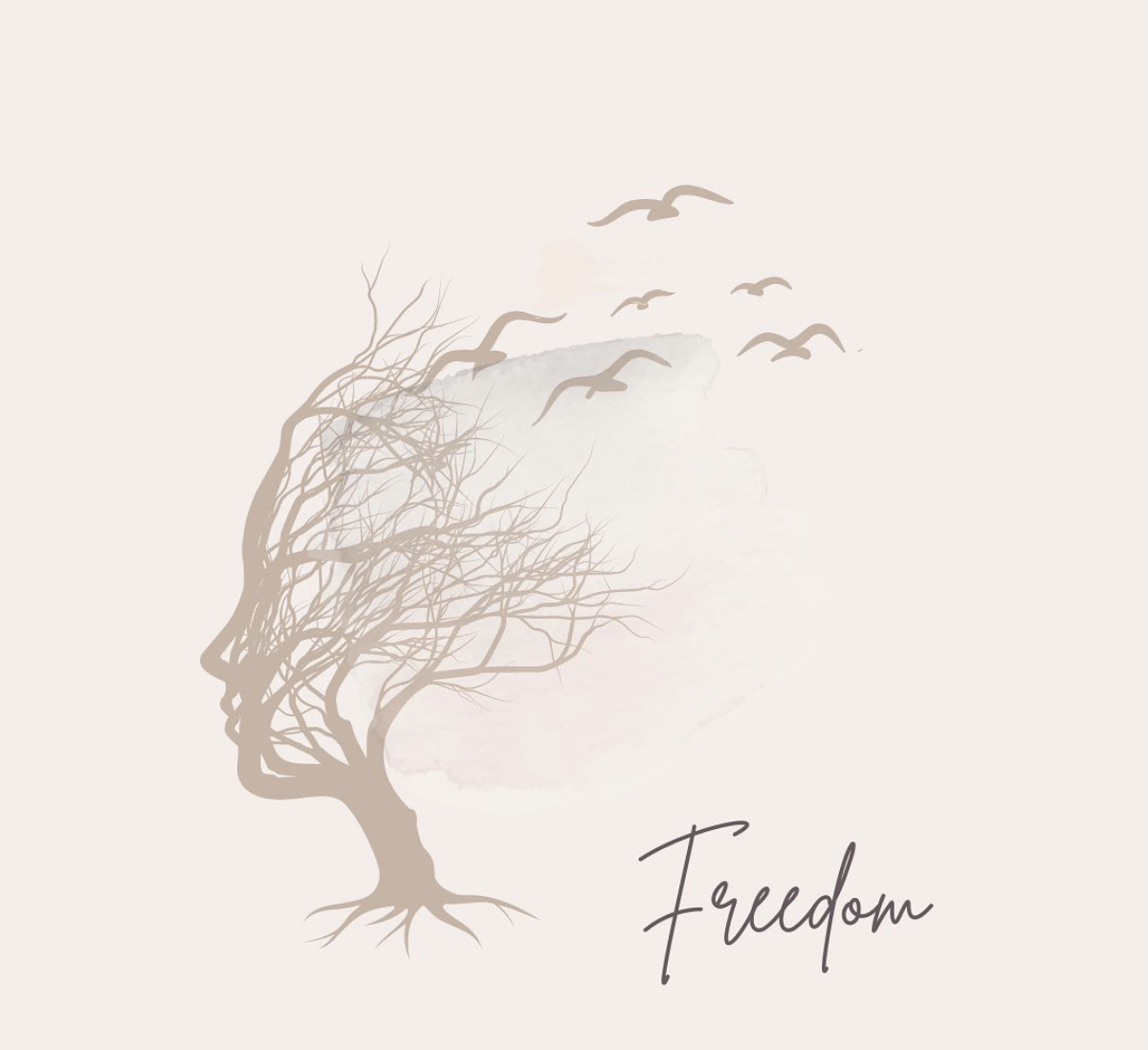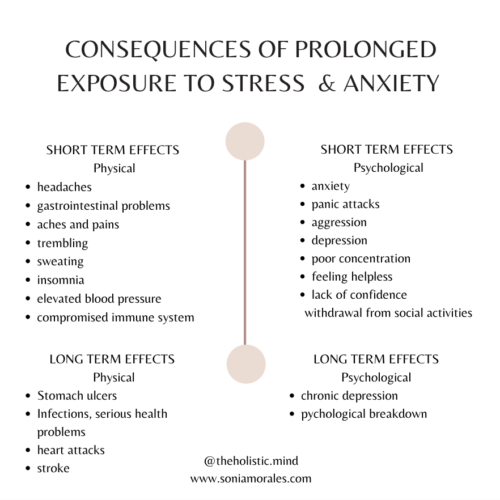
As a parent myself I have seen my child deal with his own anxieties and stress. Sometimes it’s the pressures that come with trying to keep up in school, being bullied, medical issues or not feeling good enough can all be frustrating.
As parents it’s hard to tell when to be concerned, when things are becoming overwhelming for ourselves and the ones we love.
But what is stress?
Stress is quite normal and healthy. Everyone experiences stress, stress helps us achieve things. Your body was designed to react to it. When your body produces physical or mental response, that’ stress. We need stress to react to new situations, stress helps us work harder and avoid dangerous situations.
Stress is what happens when it is geared toward the presence of a stressors such as:
- Work.
- Personal Relationships.
- Parenting.
- Finances
- Daily Life
- Grief/loss
- Medical Issues
- Feeling lonely and unsupported
Symptoms may include:
- Withdrawal from people
- Trouble sleeping
- Feeling restlessness and agitated
- Feeling a lack of self confidence
- Being unable to handle situations & avoid things you that you need to be dealing with
- Feeling out of control
- Feeling burned out
- Fatigue
- Avoid situations where you feel tense or nervous
- Foggy headed
- Unexplained sickness
- Eating & drinking to tranquilize feelings
Now that we understand stress, let’s try and wrap our head around anxiety…
What is anxiety?
Anxiety is different to stress in that is characterised by a feeling of inner turmoil and worry over many months (typically lasting 6 months or more) and is a medical condition. 1 in 20 people experience this condition at some point in their lives. Covid statistics indicate that this number is likely to be much higher and more prevalent in women and usually develop in childhood.
Unlike stress, anxiety is characterised as excessive inappropriate worrying, which is not restricted to events or situations, it’s characterized as “chronic worrying”. Feelings of fear that build up, feeling tension and that knawing feeling that something is wrong. Usually focusing on a negative situation or anticipated future event, that is usually out of proportion.
Just like stress, the nervous system can become overly sensitised and unable to complete a healthy stress cycle, it can stay stressed for too long and become damaging to your health and well-being. When it is healthy your body goes back to its normal resting rate, your able to connect, laugh, cry and feel creative.
With anxiety, a person feels like they are stuck in first gear, unable to shift into second, it can feel like there is a tiger in the room-when there is no tiger, pacing back and forth.
There are many different types of anxiety, but let’s focus on Generalized Anxiety and its symptoms.
Symptoms may include:
- Constant worrying: often described as being a broken record, going around and around in circles in your head or out loud. Usually lasting for disproportionate prolonged periods of time
- Withdrawal from people
- Overwhelming fear in anticipation to perceived threat
- Obsessive thinking
- Feeling restlessness and agitated
- Intrusive thoughts or worries that pop into one’s head
- A need for certainty in the future and being unable to handle situations where there is an uncertain outcome.
- Feeling out of control
- Trouble concentrating as your mind is full of worry
- Typically overestimates the danger in situations they fear or avoid, as it is out of proportion to the threat
- Trouble breathing
- Foggy headed
- Fatigue
- Unexplained sickness
- Hypervigilance
When does stress and anxiety become an issue?
Stress and anxiety become an issue when it is prolonged, when it starts having physical and psychological effects on you. When it starts affecting your daily life and relationships. When you develop maladaptive ways of coping, such as avoidance, overeating, drinking, smoking, binge watching Netflix (guilty as charged).
Although stress and anxiety are different, they have a lot of things in common as to how the body responds:


‘Fight, Flight Freeze’ Response.
The fight, flight freeze response can be activated when we are stressed or anxious. Stress Response is what happens when the body shifts vast amount of energy towards fighting a perceived threat, this is called the fight, flight, freeze response. Which is precisely why it often feels so exhausting and overwhelming when we experience it.
When an individual responds to a stress inducing situation, the body will activate the autonomic nervous system. This is split into two, the sympathetic nervous system and para-sympathetic nervous system. The sympathetic nervous system is responsible for preparing the body to respond to stress.
Once the sympathetic nervous system has been charged or activated, the para-sympathetic nervous system kicks in to reset the biochemistry & psychology back to reset mode. This is known as “stress cycle” If you respond poorly to stress you will find that your ability to active the para-sympatric nervous system is reduced, which remains on hight alert.
Modern living comes with different stressors or threats, unfortunately our brains haven’t yet caught up as, thousands of years ago we found it useful, we had what is coined the “cave man brain” our bodies needed to keep one eye opened when we slept to make sure we weren’t going to be eaten alive. As we roamed the earth as nomadic hunters and gatherers, we had an alarm built into us so that if we ever came across something dangerous our body would shift into gear, the Fight, Flight Freeze Response, which starts in the amygdala and sends signals called the hypothalamus which is located in tiny region in your brain which signals your autonomic nervous system (ANS).
A surge of energy of adrenaline is released into the body increasing heart rate, breathing rate to ensure the body has more oxygen moving into the limbs for quicker mobility. It can also feel like you have butterflies in your stomach as your body literally diverts blood from your stomach to your arms and legs (which is why people feel wobbly). Cortisol is also released, which is a primary stress hormone, it releases sugar, alters immune system response and suppresses digestion (which is why people gets stomach issues) for example, IBS.
What to do next?
Breathe 
At Anxiety UK, “I often get callers looking for help when they are feeling scarred and unsure what to do. Learning this simple breathing technique will do wonders when you can’t relax”.
4-2-6 Breathing
Breath in for four
Hold……
Exhale & release for 6.
Repeat at least 5 times…
Just focusing on the breath…
It’s okay if your mind wanders, just bring it back to breath
Seek Help: If you think you have too much stress or might have Generalized Anxiety Disorder talk to your GP for a formal diagnosis. We all need a little help sometimes finding our way.
This might just be the opportunity you need to get your life in order and start living it in a way that will allow you to be happier, connected and more present.
There a many wonderful therapies available to help get you started, find someone you feel comfortable talking to by booking a consultation or a free discovery call. Find a coach, cognitive behavioural hypnotherapist, counsellor, spiritual mentor or compassion-based therapist, who will be able to show you how to regulate the nervous system once the nervous system feels safe enough you can begin to make changes to rewire old conditioning into new more helpful ways of being.
If this sounds like you, I can provide a free anxiety screening (which is not a diagnosis but a guide) & stress questionnaire at hello@soniamorales.com. If you have any other questions or concerns, please feel free to reach out.
Sonia ♡
~nurturing, safe and effective solutions to unlock limitless potential.
Sonia practices @AnxietyUK and offers private sessions both online and in person in the Cheshire area. Please visit soniamorales.com for a full bio or join her Instagram community for tips and videos @theholistic.mind.
Specialisms include but are not limited to, anxiety, stress, childhood issues, grief & loss. Applying a blend of Integrative modalities that are unique to each person. This includes psychotherapeutic approaches, counselling, cognitive behavioural hypnotherapy, Rational Emotive Cognitive Hypnotherapy, positive psychology, meditative therapy, science, compassion-based therapy, EFT & mindfulness to her sessions helping individuals move past limiting beliefs and maladaptive behaviours.
hello@soniamorales.com
www.soniamorales.com
What’s App Direct: wa.me/+447498216299
Instagram: theholistic.mind
